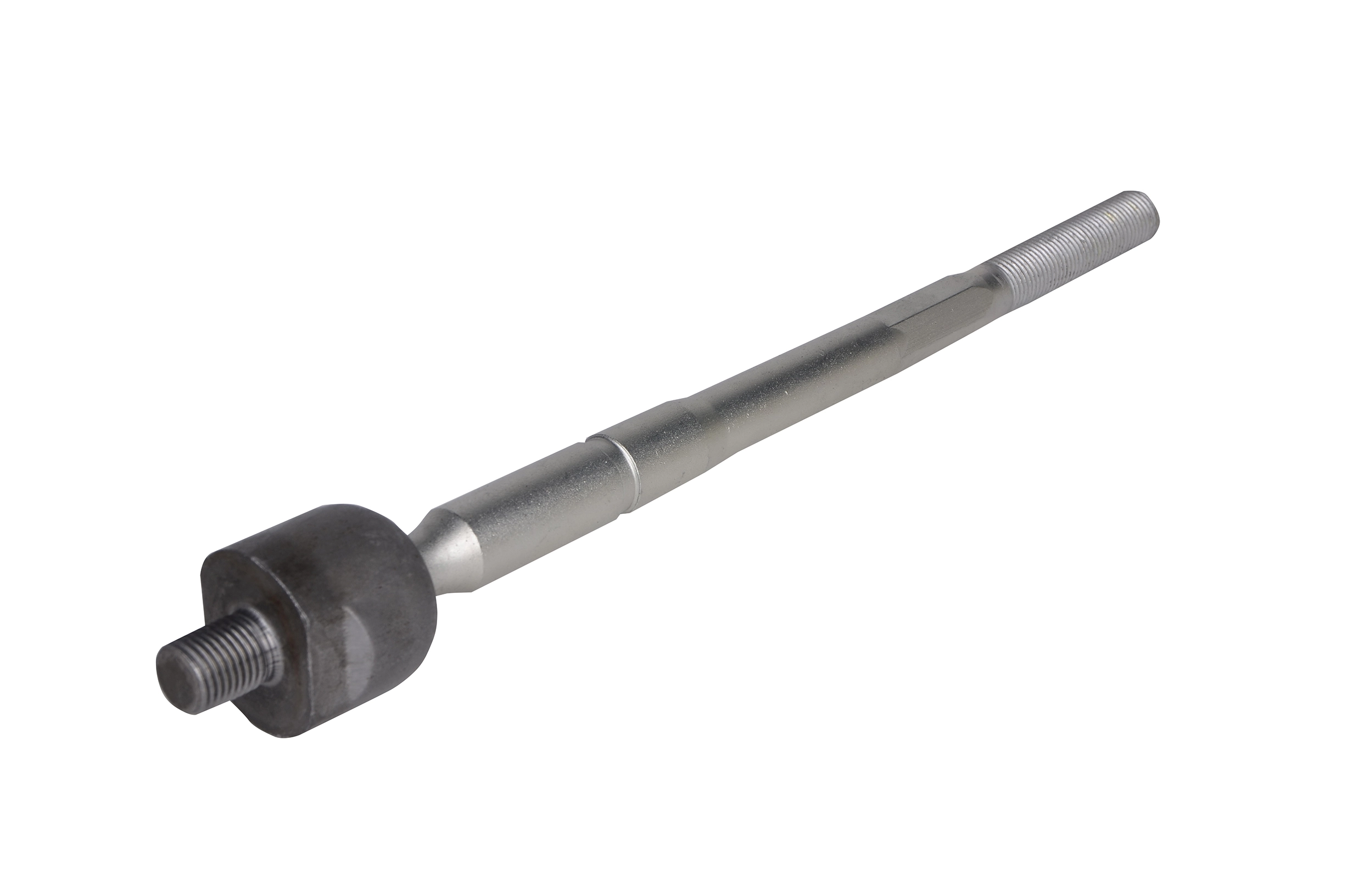Fuel injectors are essential components of a vehicle’s fuel system, responsible for delivering a precise amount of fuel into the engine’s combustion chambers.
Here’s an overview of how fuel injectors function and potential issues that may arise if they are not working properly:
Function of Fuel Injectors:
- Spraying Fuel:
- Fuel injectors spray a fine mist of fuel directly into the combustion chambers of the engine. This spray is precisely timed to mix with air for efficient combustion.
- Electronic Control:
- Modern fuel injectors are electronically controlled and are part of the engine management system. The Engine Control Unit (ECU) determines the optimal fuel injection timing and duration based on various engine parameters.
- Multiple Injections:
- Some engines use multiple fuel injections during each combustion cycle to optimize fuel atomization and combustion efficiency.
- Adjustable Flow Rates:
- Fuel injectors can vary the flow rate of fuel based on driving conditions, engine load, and other factors. This adaptability helps improve fuel efficiency and reduce emissions.
Common Issues with Fuel Injectors:
- Clogging:
- Over time, fuel injectors can become clogged with deposits, dirt, or contaminants in the fuel. This can lead to poor fuel atomization, uneven combustion, and engine misfires.
- Leaking:
- Injector seals or components may wear out, leading to fuel leaks. This can cause a drop in fuel pressure, affecting engine performance and fuel efficiency.
- Sticking:
- Fuel injectors can stick in the open or closed position, affecting the fuel delivery. This can result in rough idling, poor acceleration, or excessive fuel consumption.
- Electrical Issues:
- Problems with the injector’s electrical components, such as the solenoid or wiring, can disrupt the proper functioning of the injector. China auto parts manufacturers This may lead to irregular fuel delivery.
- Faulty Spray Pattern:
- Injector nozzles may wear out, affecting the spray pattern of the fuel. An irregular spray pattern can impact combustion efficiency and emissions.
- Engine Misfires:
- Malfunctioning fuel injectors can cause engine misfires, leading to a noticeable decrease in performance, rough idling, and increased exhaust emissions.
- Reduced Fuel Efficiency:
- Inefficient fuel injectors can result in poor fuel atomization and incomplete combustion, leading to reduced fuel efficiency.
- Check Engine Light:
- Issues with fuel injectors often trigger the vehicle’s onboard diagnostics system, causing the check engine light to illuminate. Diagnostic trouble codes (DTCs) related to fuel injection may be stored in the ECU.
Maintenance and Prevention:
To maintain proper fuel injector function and prevent issues:
- Use quality fuel and follow regular fuel system maintenance practices.
- Use fuel system cleaners periodically to reduce deposits.
- Adhere to the recommended service intervals for fuel injector cleaning or replacement.
- Address any engine performance issues promptly to prevent secondary damage.
If you suspect issues with your fuel injectors, it’s advisable to have the vehicle inspected by a qualified mechanic. Professional diagnostics and cleaning or replacement of fuel injectors may be necessary to restore optimal engine performance.



